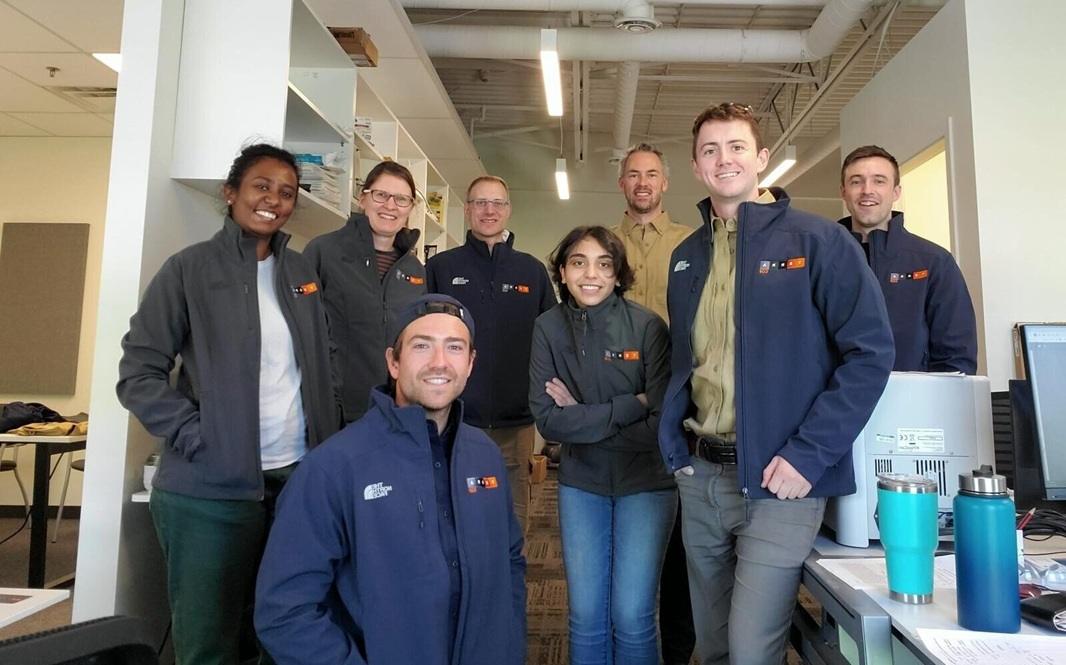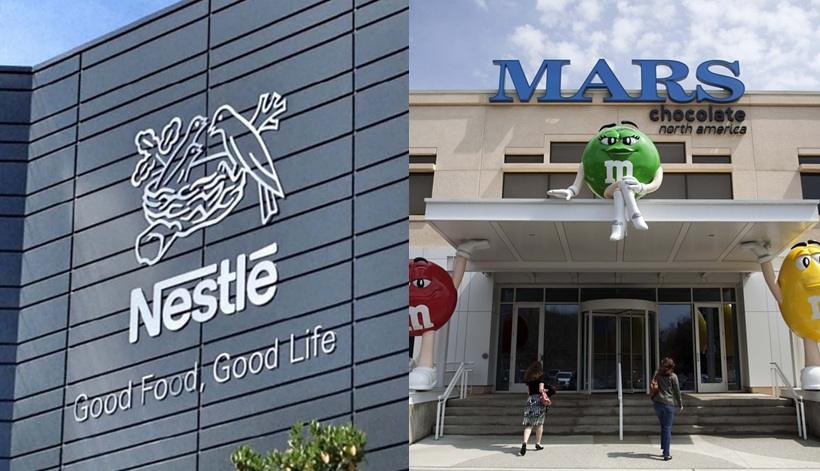Carlsberg Trials Fully Recyclable Wood Fibre-Based Beer Bottle
Brewing company Carlsberg Group announced today the launch of a new pilot project to trial its new bio-based and fully recyclable fibre bottle. The pilot will see 8,000 bottles being sampled in Denmark, Sweden, Norway, Finland, United Kingdom, Poland, Germany, and France.
The outer shell of the new bottle consists of sustainably-sourced wood fibre and is bio-based. The bottle features plant-based PEF polymer lining, serving as a barrier between the beer and the fibre outer shell, protecting the quality of the beverage better than conventional fossil-fuel-based PET plastic. The lining is produced from natural raw materials and is compatible with plastic recycling systems. The PEF can also be degraded into nature if it ends up outside recycling systems.
Stephane Munch, VP Group Development at Carlsberg, said:
“This pilot will serve a greater purpose in testing the production, performance and recycling of this product at scale.”
“Identifying and producing PEF, as a competent functional barrier for beer, has been one of our greatest challenges – so getting good test results, collaborating with suppliers and seeing the bottles being filled on the line is a great achievement!”
The only part of the bottle that is not 100% bio-based is the cap, which is currently needed to ensure the quality of the product. Carlsberg stated that together with partners, it plans to explore alternative fibre-based bottle caps, with a generic solution expected in 2023.
The new bottle contains beer brewed barley which has been cultivated using organic and regenerative agricultural practices. The methods used to farm the barley are expected to improve farmland biodiversity, enhance soil health, and increase natural carbon sequestration by the soil compared to conventional farming methods.
Carlsberg stated that the testing of the new bottle will inform the next generation of design, and that generation 2.0 of the bottle is already performing better than single-use glass bottle in the product’s lifecycle assessment. The company envisions the fibre bottle to achieve up to 80% less emissions than current single-use glass bottles.
Simon Boas Hoffmeyer, Group Sustainability Director at Carlsberg, said:
“We’ve been working hard on this project since 2015, and aim to continue to set the industry standard by further improving the bottle’s environmental footprint and product performance. Collaboration is key and, together with our partners, we’re excited to see how research and development into sustainable packaging solutions is now becoming the norm.”





